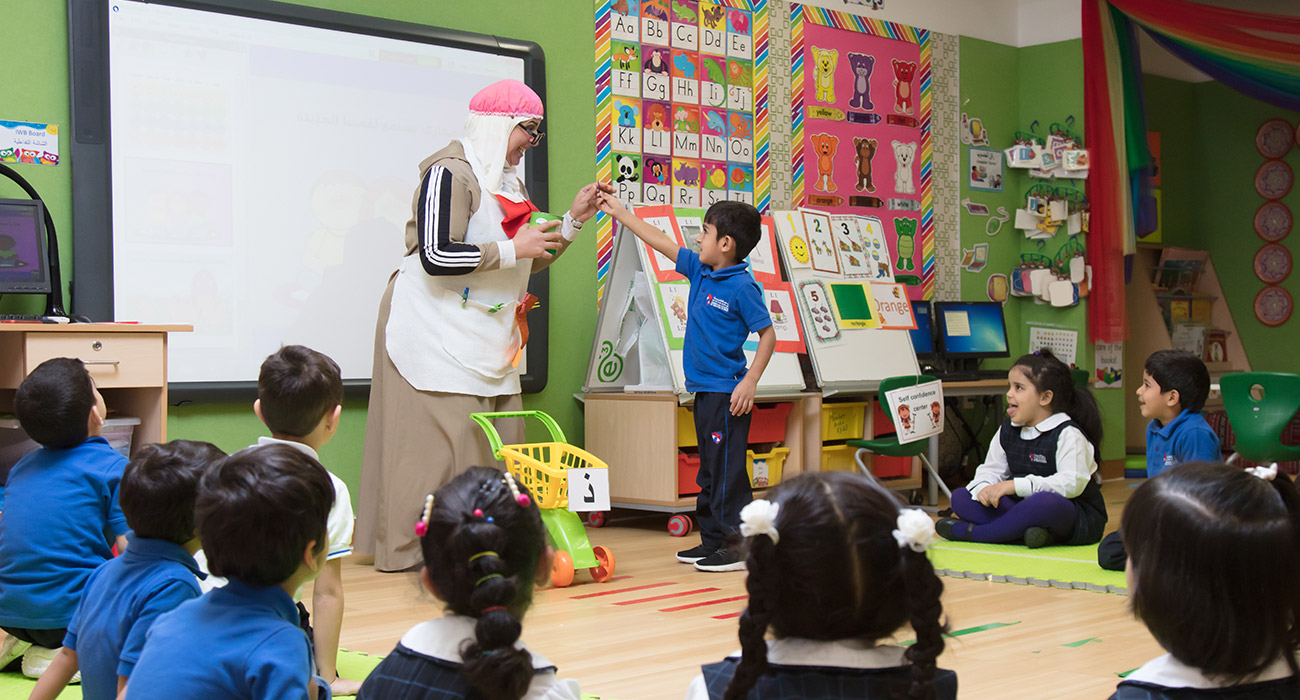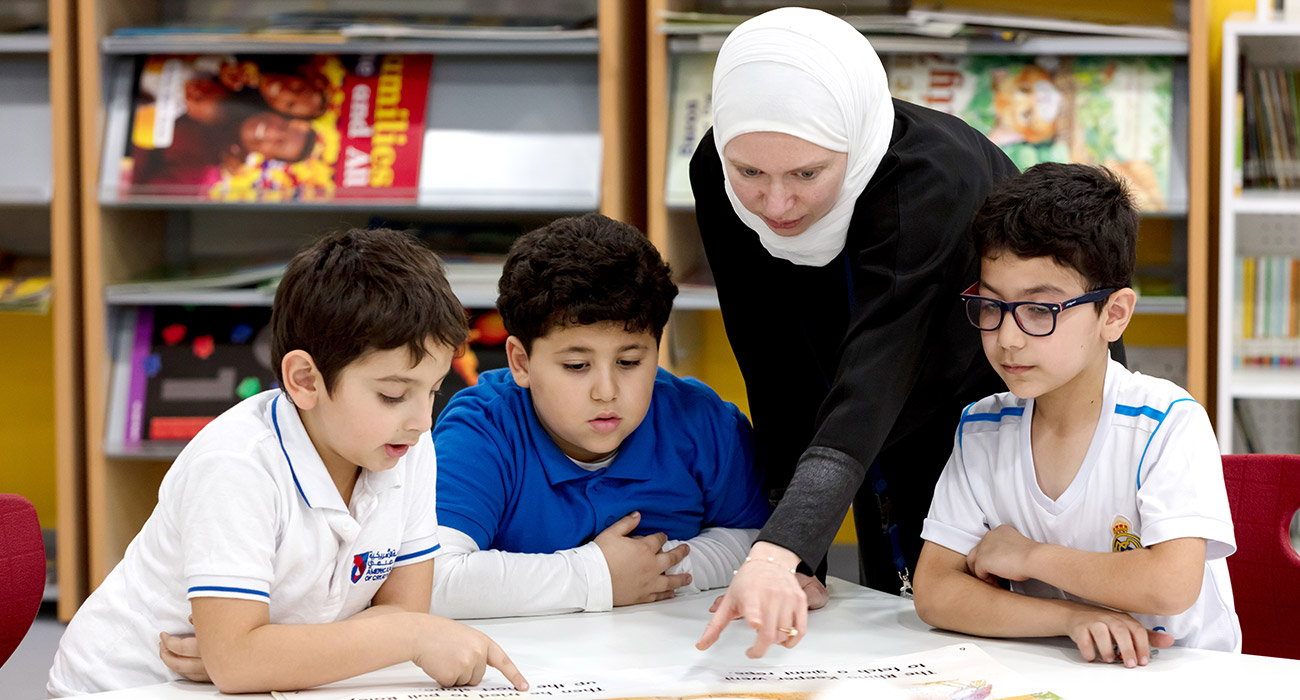
Why We Take Bullying So Seriously

Many people will have experienced some form of bullying, whether at school, university, or in their work place. Below we look at what bullying is, the impact it has on the surrounding environment, and what parents can do to prevent bullying.
To understand what exactly is Bullying
Bullying is a form of emotional or physical abuse that has three defining characteristics:
- Deliberate – a bully’s intention is to hurt someone
- Repeated – the behavior is repeated, or has the potential to be repeated, over time
- Power Imbalanced – a bully chooses victims he or she perceives as vulnerable
Forms of Bullying:
Bullying occurs in many different forms, with varying levels of severity. It may involve:
Physical Bullying – poking, pushing, hitting, kicking, beating up
Verbal Bullying – yelling, taunting, name-calling, insulting, threatening to harm
Relational Bullying – excluding, spreading rumors, getting others to hurt someone
Cyberbullying – Sending hurtful messages or images by Internet or cell phone
Bullying’s impact
The immediate impact of bullying is significant. It dramatically lowers self-esteem while also contributing to depression and anxiety. Studies have shown a strong connection between bullying and poor grades at school. Bullying causes the victim to withdraw, and it creates a disconnect between their school work with its negative impact extending to existing friendships and social interactions.
The long-term implications of bullying
The effects of being bullied can last long after the victim has left school. The loss of confidence and the low self-esteem that long-term bullying creates is extremely difficult to overcome. Many adults suffer from this post-bullying trauma throughout their lives. Studies have shown that people who experienced bullying in their childhood are at a higher risk of depression, under achievement, and anxiety in their adult life. The impact of this internal stress can even cause physical illness later in life.
Suffering in silence
A common trend among those who are victims of bullying is to suffer in silence. The majority will be reluctant to tell others or an adult about the problems they are experiencing. There are a number of reasons for this, including fear of retaliation, shame, embarrassment, peer pressure, and even concerns that they won’t be believed. For younger students, bullying is confusing as well as scary. They haven’t yet developed the social tools to deal with it.
What can parents do?
The following steps parents can follow:
- Observe your child for signs they might be being bullied. Children may not always be vocal about being bullied.
- Teach your child how to handle being bullied.
- Listen carefully to your child
- Set boundaries with technology.
- Stop bullying before it starts.
- Make your home “bully free”.
- Look for self-esteem issues
If you fear that, your child may have a problem with bullying, then reach out to School social worker and/or supervisor. We are here to help to ensure that our students thrive in a bullying-free environment.
Programs available at ASCS includes:
- bully prevention
- anger management
- conflict resolution
- mentoring
- school counselling
- peer counselling
- peer mediation











